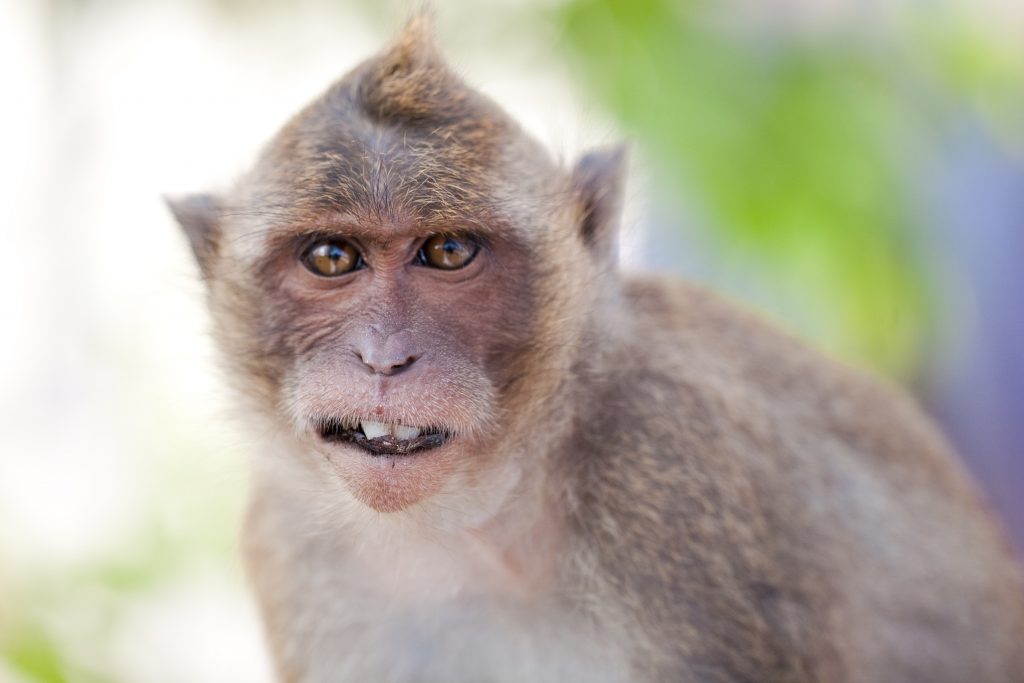 Animal Science
Animal Science  No Comments
No Comments Feeling “Disgusted” Helps Some Animals Avoid Disease
We are taught to be polite and open-minded about things that might seem extremely different or even “disgusting,” but in the animal world, disgust can provide significant advantages. Researchers are discovering that many social animals have a “disgust” reaction to adverse situations regarding food, negative environmental stimuli, and behaviors that helps them avoid disease. When you think about it, it makes sense: typically associated with aversion towards potentially harmful or contaminated substances, disgust serves as a protective mechanism to avoid ingestion of toxic or spoiled food.
It’s important to note that while animals can display behaviors similar to disgust, they may not experience the emotion in the same way humans do. The subjective experience of disgust, with its accompanying complex cognitive and emotional components, is difficult to measure or fully understand in animals.
By studying these reactions, researchers gain insights into the cognitive abilities and adaptive functions of different animals, as well as the evolutionary origins and ecological significance of disgust-related behaviors in the animal kingdom.

